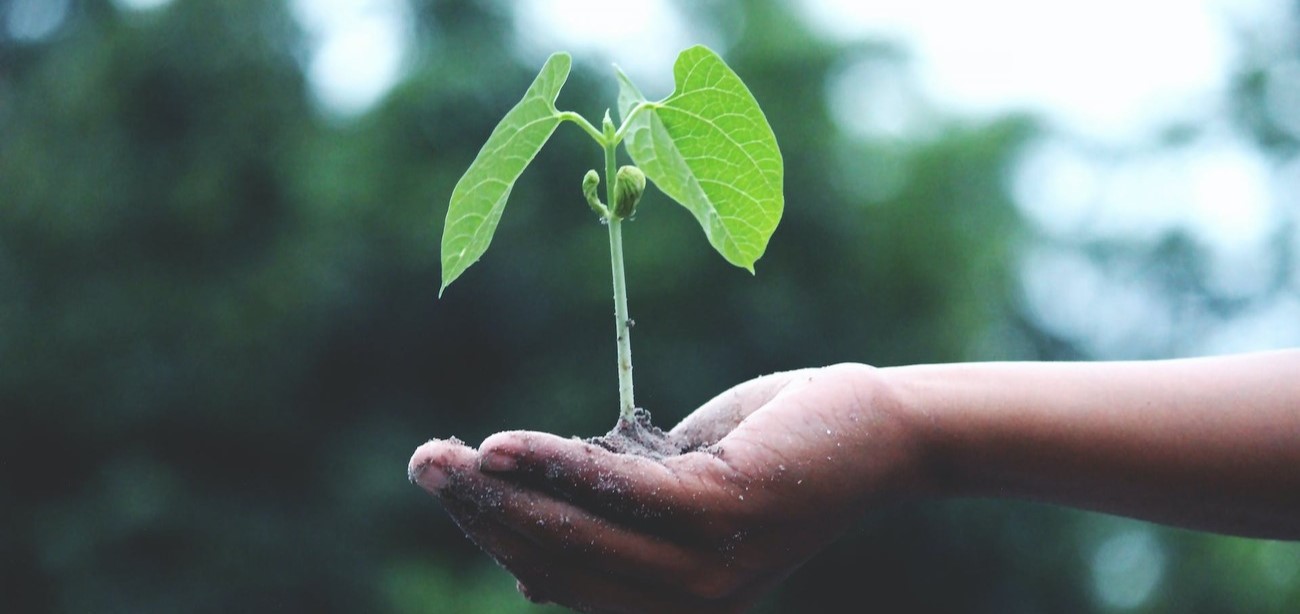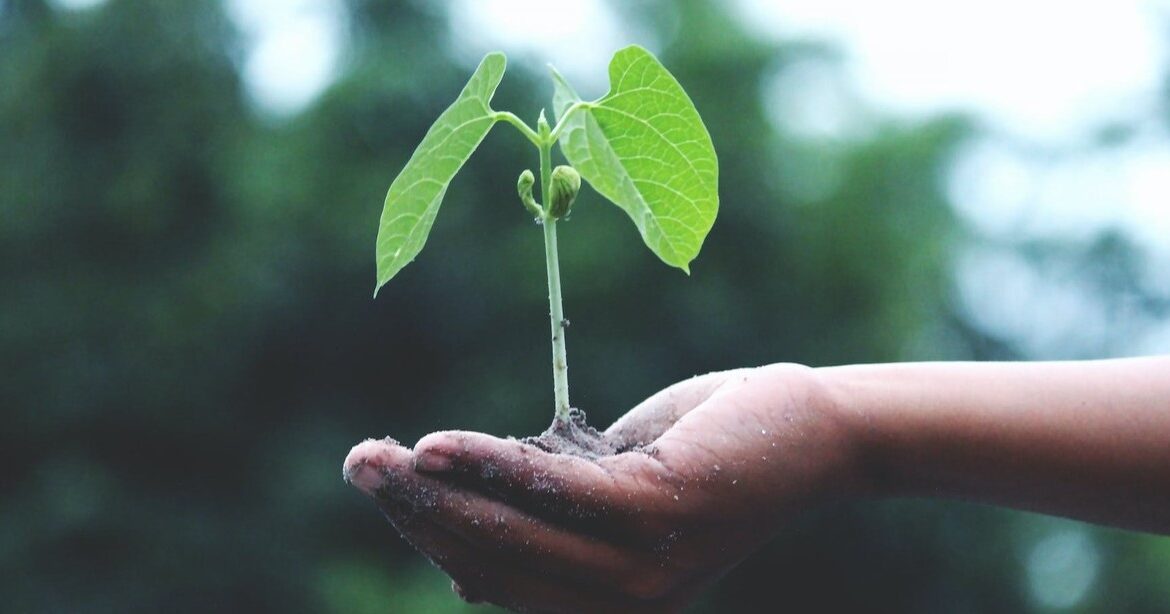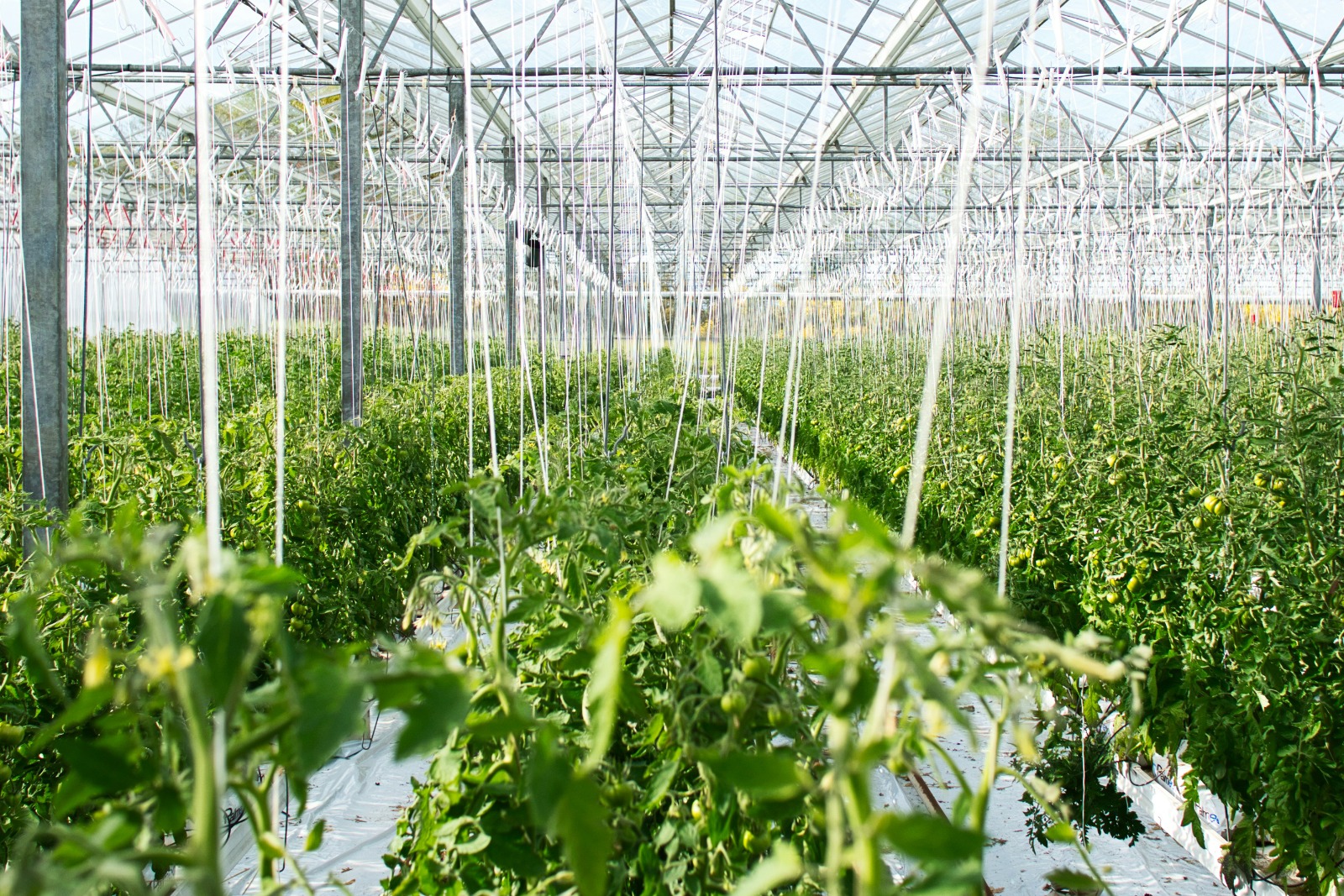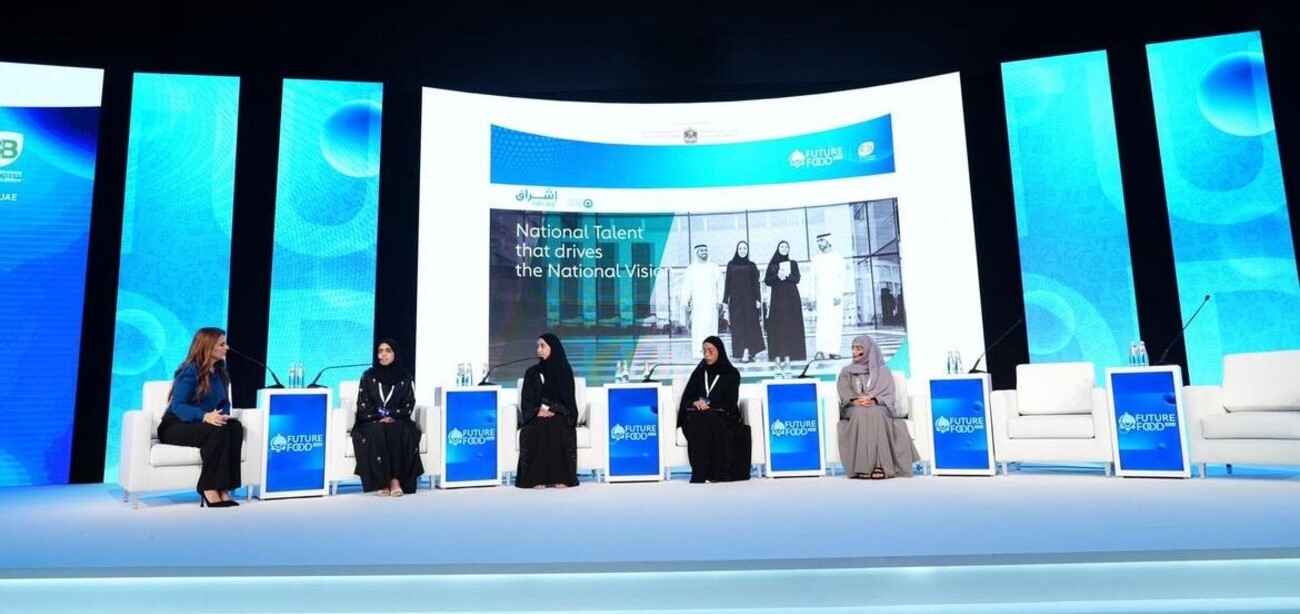Revolutionizing Food Sustainability in the UAE

Food security is a global concern, and the United Nations Sustainable Development Goals (SDGs) emphasize the critical need for sustainable agriculture to address this challenge. A significant aspect of the broader issue is food loss, especially food waste, which remains a pervasive problem worldwide. In the United Arab Emirates (UAE), this issue is not only a financial burden, costing the country $3.5 billion annually, but it also contributes to global sustainability concerns. This article delves into the food loss challenge in the UAE and explores the innovative ne’ma initiative that aims to transform the nation’s approach to responsible and sustainable consumption.
Food loss encompasses the decrease in quantity or quality of food, with a substantial portion attributed to “food waste.” In the UAE, approximately 38 percent of prepared food is wasted annually, highlighting the urgency of addressing this issue. Globally, up to one-third of food produced is wasted, exacerbating the food insecurity faced by 10 percent of the world’s population.
Inefficient harvesting methods, limited access to farming technology, and wasteful consumer habits contribute to the staggering 1.3 billion tons of edible food discarded annually. In developed countries, the issue often lies at the retail end of the supply chain, where impulsive buying and poor storage methods lead to significant food waste.
The Role of ne’ma Initiative
To combat this critical issue, the UAE’s Ministry of Climate Change and Environment (MOCCAE) has introduced ne’ma, the National Food Loss and Waste Initiative. Inspired by UAE President Sheikh Mohamed bin Zayed Al Nahyan’s vision, ne’ma aims to foster a nationwide shift towards responsible and sustainable consumption. This initiative, a collaboration between MOCCAE and Emirates Foundation, brings together key stakeholders, including the government, private sector, NGOs, and communities.
ne’ma focuses on the entire food value chain, from production to consumption, involving farms, producers, distributors, retailers, restaurants, and households. The goal is to change current behaviors and attitudes, establishing new national social norms around responsible consumption to reduce food loss and waste. By aligning shared actions among diverse stakeholders, ne’ma seeks to create a sustainable model for the entire nation.
Industry Collaborations
Recognizing the need for collective action, the Food and Beverage Manufacturers Association (FBMG) has identified food loss and wastage as a key area of focus. Through raising awareness and advising strategies for reducing food loss, FBMG works towards aligning local practices with global best practices. The introduction of the Food Data Platform, initiated and powered by FnB Group, is a pivotal step in connecting all stakeholders in the food and beverage sector. This single-window platform facilitates collaboration from manufacturers to regulators and distributors to retailers, promoting resource optimization throughout the entire value chain.
The ne’ma initiative in the UAE represents a significant step towards addressing the global challenge of food loss and waste. By fostering collaboration among key stakeholders and implementing innovative solutions like the Food Data Platform, the UAE is positioning itself as a leader in sustainable and responsible food consumption. As the nation continues to build on its traditional values of social responsibility and good stewardship, the ne’ma initiative serves as a beacon of hope for a more sustainable and food-secure future.






